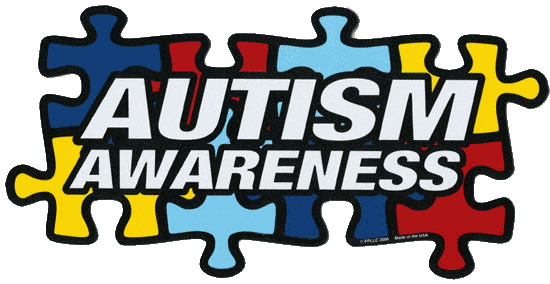
April is Autism Awareness Month; written by an eDiscovery Guy

I’d like to switch gears a little from eDiscovery to autism as today, April 2nd, is World Autism Awareness Day and April is the official Autism Awareness Month. HAYSTACKID is a big advocate for the organization Autism Speaks and, as such, I wanted to write a blog dedicated to autism and autism awareness. https://www.autismspeaks.org/”
I always wonder what “autism awareness” actually means because to those families who have children with autism and those without I think it could mean many different things. Many of my clients and friends may know that I have three boys, one of which has PDD NOS which places him on the autism spectrum. To me, awareness means providing a glimpse into the world of autism to the families who many not have a child with autism or may not be able to recognize the behaviors and symptomology.
My friends will often ask me how my son is doing with school, occupational therapy or speech therapy and are genuinely interested in the intricacies of how my wife and I manage the day to day, like Under Armor compression shirts, chewing gum, weighted blankets, and transitional objects to name a few. All of these things will likely sound extremely familiar to parents of autistic children. But, for those without an autistic child, these things are likely completely foreign.
Others may view autism awareness as trying to provide new parents with early detection signs and warnings. Parents who identify early symptomology like delayed speech or stimming, which is self-stimulatory behavior like rocking, hand flapping, spinning or repetitive speech and lack of eye contact, are often far better off in finding and receiving successful interventions for their child. Spreading knowledge among peers, friends and colleagues is a major way of providing this type of information.
One point that I think all parents who have children with autism would agree on is that awareness is strongly and intrinsically connected to compassion. This compassion is for the kids with autism and their families. Compassion leads to a slower, more thoughtful judgment from outsiders for the kid throwing a major tantrum in Target who needs to be dragged out prematurely, or the kid bouncing up and down in the booth at Bertucci’s who isn’t being a brat but may be way over stimulated due to his surroundings, or the boy covering his ears when singing Happy Birthday at a party may not be a complete weirdo but may simply be really hypersensitive to sound. All real life examples J.
At the end of the day my son has taken great strides in the two years since we became aware that he has PDD NOS. And for that, having him in my life, as well as an alternative perspective and awareness in my own life, has made me a much richer and stronger person. For this and much more, I can’t thank him enough.”
